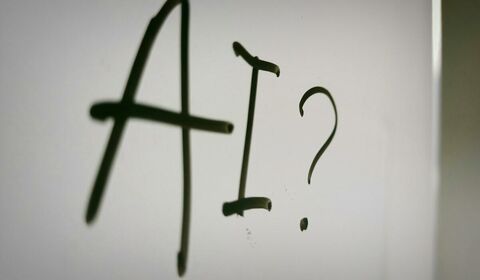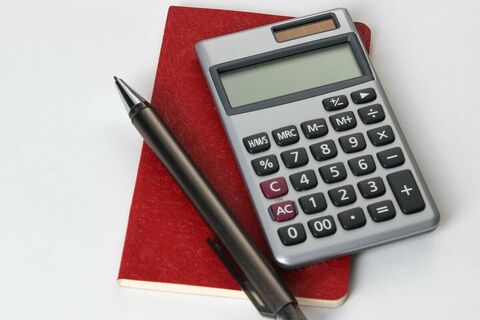Do you need to complete a self-assessment return?
Have you disclosed your personal income and gains to HMRC? If not, you may need to submit a self-assessment tax return. We explain why and how.
If you’re self-employed, a partner or a company director, then HMRC will ask you to submit an annual self-assessment tax return. However, every year will see some people failing to register on time for self-assessment – and facing some stiff penalties as a result!
So, who needs to fill out a self-assessment tax return? And, if you’re eligible, when should you be getting this return over to HM Revenue & Customs (HMRC)?
When should you register for self-assessment?
The deadline to register for self-assessment is 5 October after the tax year in which your circumstances brought you within the scope of self-assessment. If you’re self-employed, you also need to register for Class 2 National Insurance Contributions (NICs) by the same date.
- If you buy and sell, or make and sell, goods or services and your total sales are don’t exceed £1,000, you don’t have to register for self-assessment (unless you’re required to for another separate reason).
- If your sales are above £1,000, you need to register with HMRC for self-assessment and Class 2 NICs.
- If you’re in a business partnership, you need to register.
- If you receive income from a property with a profit exceeding £2,500, or income before expenses exceeding £10,000, you need to register. (See note below.)
- If you receive dividend or interest income exceeding £10,000 you need to register. (See note below if between £2,000 and £10,000.)
Note: Below these limits, you don’t need to register for self-assessment, but you must inform HMRC of the amount involved. HMRC may be able to collect any tax that’s due by altering your PAYE code and collecting it from your employment income.
Is filling out a return mandatory?
If HMRC sends you a notice to complete a tax return, you must complete the return. This applies even if all your income is taxed through PAYE. You can contact HMRC and the notice may be withdrawn, but if they don’t withdraw the notice then it’s mandatory to fill out the return.
Where you’ve not notified HMRC of your obligation to register for self-assessment, HMRC will charge penalties for a late return and non-notification. These penalties can be lower if you contact HMRC before they contact you. Once you’ve informed HMRC, you can report any undeclared income using the digital disclosure service, or one of the campaigns such as the Let Property Campaign, if applicable.
Talk to us about getting your return in on time
No one wants to be hit with a financial penalty for late filing of a return, or be faced with prosecution through the courts. If you’ve failed to notify HMRC of taxable income, it’s always better to notify them first (an ‘unprompted disclosure’) rather than wait for them to contact you.
As your accountant and tax adviser, we’ll help you prepare the documentation required by HMRC and will calculate the tax due and penalties offered. Once HMRC is notified of undisclosed income, there’s a deadline of 90 days to provide them with full details.
Get in touch to sort out your tax return.
Services for IndividualsRelated Articles

How to improve UK business confidence
UK business confidence is under pressure - discover why now is the time to re-evaluate your strategy and growth plans.
Read On
Protecting you and your business: taking out insurance
Understand 5 common types of business insurance and how they help protect and secure your company’s future.
Read On
Finding the true potential of AI for UK small businesses
A recent report from the British Chambers of Commerce & Intuit showed that AI usage is growing among UK SMEs. Are you using AI to its full potential?
Read On